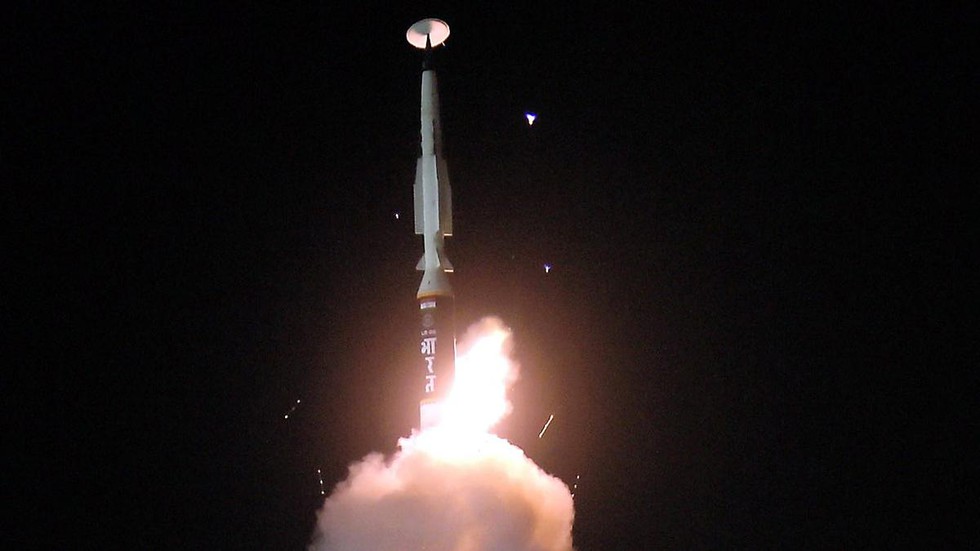The GaindeSAT-1A, a small CubeSat designed by Senegalese engineers in collaboration with a French university, will provide vital earth observation and telecommunications services. Senegal’s President hailed the launch as a significant step toward “technological sovereignty.” Senegal is part of a broader trend, with Djibouti and Zimbabwe also launching their first satellites within the past 12 months, signaling Africa’s growing space capabilities. The lowering cost of launching satellites has opened the door for countries like Senegal, Djibouti, and Zimbabwe to participate in this once elite domain. According to Kwaku Sumah, founder of Spacehubs Africa, this reduction in cost allows smaller nations to engage in space ventures that were previously out of reach.
Satellites for a Brighter Future
African countries are using satellites for purposes beyond exploration, focusing on real-world applications such as monitoring crops, detecting extreme weather events, and improving telecommunications in remote areas. For instance, Ethiopia’s space program launched the ETRSS-1 satellite to modernize agriculture and mitigate the effects of drought. Sarah Kimani from the Kenyan Meteorological Department also explained how satellites are crucial in tracking climate-related threats like dust storms, floods, and wildfires. While Africa’s space ambitions are growing, experts like Kimani stress the need for more African-owned meteorological satellites to better address the continent’s specific needs.
Africa’s Space Race: Global Powers in Play
While African nations are making headway, the continent’s space programs still depend heavily on foreign technology and expertise. Countries like China, the U.S., and European nations have invested in African space programs, using them as both technological support and diplomatic tools. For instance, the development of Senegal’s GaindeSAT-1A was made possible through a partnership with a French university, while the launch itself occurred on a SpaceX rocket from the U.S. Ethiopia’s space program also benefited from international collaboration to get its first earth observation satellite into orbit.
This foreign involvement in African space programs is not purely altruistic, as it serves as a means for global powers to strengthen geopolitical ties. Temidayo Oniosun, managing director of Space in Africa, noted that while this international collaboration has helped Africa advance its technology, it also reflects the broader geopolitical competition between major powers. However, experts like Kwaku Sumah believe Africa can benefit from this competition, negotiating deals with different powers to secure the best outcomes for the continent.
A Bright Future for African Space Programs
Looking ahead, Africa’s space ambitions are only growing. With 80 satellites currently in development, more African countries are expected to enter the space race. Beyond the immediate benefits of space technology, Africa’s location along the equator could make it a strategic hub for future space launches. Equatorial launches require less fuel, making African spaceports like Kenya’s Luigi Broglio Space Center—which saw its last launches in the 1980s—valuable assets in the coming decades.
While African space programs still face challenges such as limited funding and internal crises, the future looks promising. With continued investment and collaboration, Africa could play a crucial role in the global space industry, using satellite technology to solve pressing issues like climate change and resource management.





